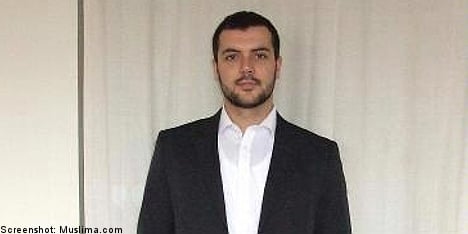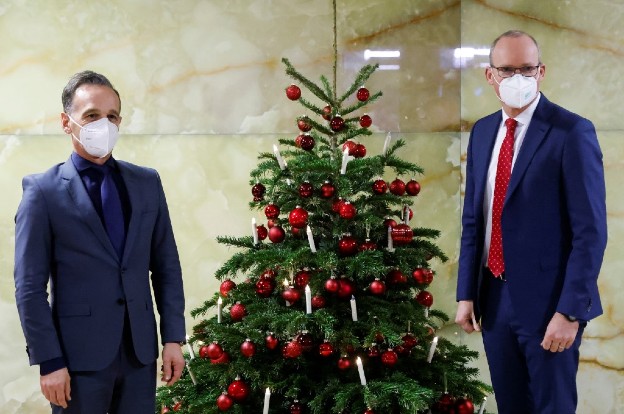Sweden’s top prosecutor “confirmed 98 percent” that “the man who blew himself up” in a busy pedestrian quarter of the Swedish capital following a car explosion, was Taimour Abdulwahab.
The Al-Qaeda-linked website Shumukh al-Islam on Sunday had named him as the bomber. Media reports said that Abdulwahab, who was born in Iraq but became a Swedish citizen in 1992, staged the attack on the eve of his 29th birthday.
He had lived in Britain for a number of years, prosecutor Tomas Lindstrand said, adding that his wife and three children still lived there.
Reports in Britain said his wife is called Umm Amira, known as Mona, and runs a company called Amira Makeup and Hair, which offers services including bridal make-up and hair styling.
When he was about 10, Wahab and his family reportedly fled war-torn Iraq to settle in Tranås, population 18,000, some 200 kilometres south of Stockholm.
“From Tranås to Jihad,” said Monday’s Expressen tabloid, which published a full-page photo of a young, smiling Abdulwahab wearing a typical Swedish high school graduation cap.
It said Abdulwahab had grown up in “a light red house” in Tranås with his mother, father and two sisters, adding that the family had no problems adjusting to life in Sweden.
“He was just like any other young man. He loved life, he had lots of friends and was out and partied just like anyone else,” acquaintance and Tranås resident Jean Jalabian told Expressen.
“He drank alcohol and had girlfriends. It’s really strange that he would do something like that,” Jalabian said.
Meanwhile, rival tabloid Aftonbladet described “the terrorist from Tranås” as a family-oriented basketball player with a lot of friends beneath a smiling school picture of him.
A former teacher told Aftonbladet the young man spoke excellent Swedish and was “an honest, friendly person with many friends.”
However, Abdulwahab drastically changed when he left Sweden in 2001 to complete a bachelor’s degree in sports physiotherapy at the University of Luton — now the University of Bedfordshre, from which he graduated in 2004.
Abdulwahab became interested in radical Islam in the town just north of London, where he met his wife, reportedly the same age as him and also a Swedish citizen.
“He got to know an Egyptian imman at the mosque in Luton,” a friend of the family told Expressen, adding that during his time there “he became another person. It’s hard to say how. He changed and became more restrictive.”
When he returned to Sweden in 2005, he had a beard, cut contact with his old friends and led a withdrawn life. He never settled back into Swedish life and went back to Britain, only sporadically visiting his family in Tranås.
The chairman of the Luton Islamic Centre told AFP Monday that he had met many times with Abdulwahab to confront his extreme views and that his behaviour had alarmed fellow worshippers.
Abdulwahab was “a bubbly character who was quite respected, but that was before I knew what he was up to,” said Qadeer Baksh.
He had been known for his hardline views before he “stormed out” for good when tackled about them in 2007.
“I had to confront him three or four times because his views were so extreme,” said Baksh.
Aftonbladet said he showed his new opinions online, posting radical religious view on the war on Iraq and calling for a boycott of Denmark on his Facebook page in Arabic.
His status updates were often prayers and he had uploaded videos with Islamist messages to his page, the tabloid said.
He was also searching for a new wife “who accepts Allah’s religion and who is not against me having another wife” on a Muslim contact website, Expressen wrote.
In November, he bought the car which he blew up on Saturday, slightly injuring two people, investigators said, after returning to Sweden a few weeks before.
In a threat he sent Swedish news agency TT and intelligence agency Säpo, Abdel Wahab asked his family for forgiveness for lying to them.
“I never went to the Middle East to work or make money. “I went there for jihad. It wouldn’t have been possible to tell you who I really was. It wasn’t very easy to live the last four years with the secret of being…as you call it, a terrorist,” he said.



 Please whitelist us to continue reading.
Please whitelist us to continue reading.